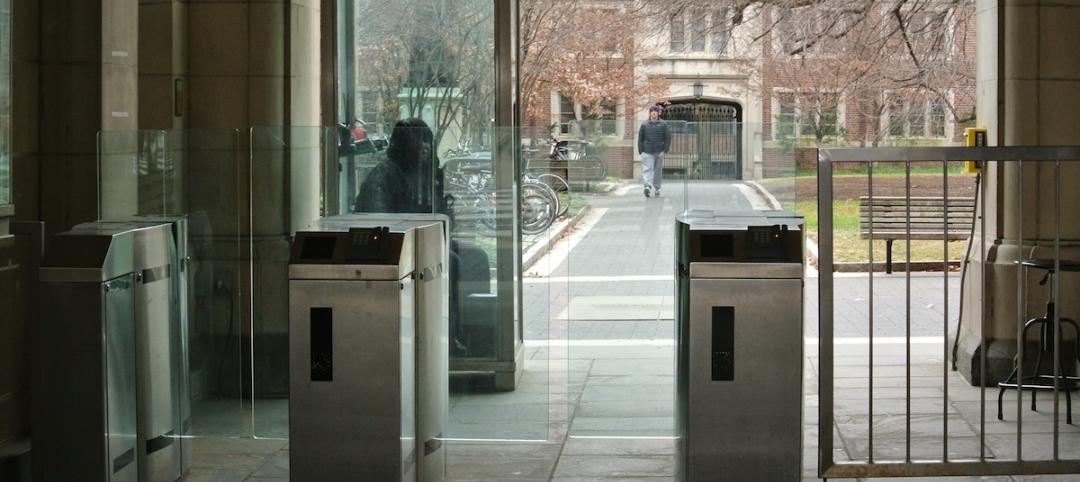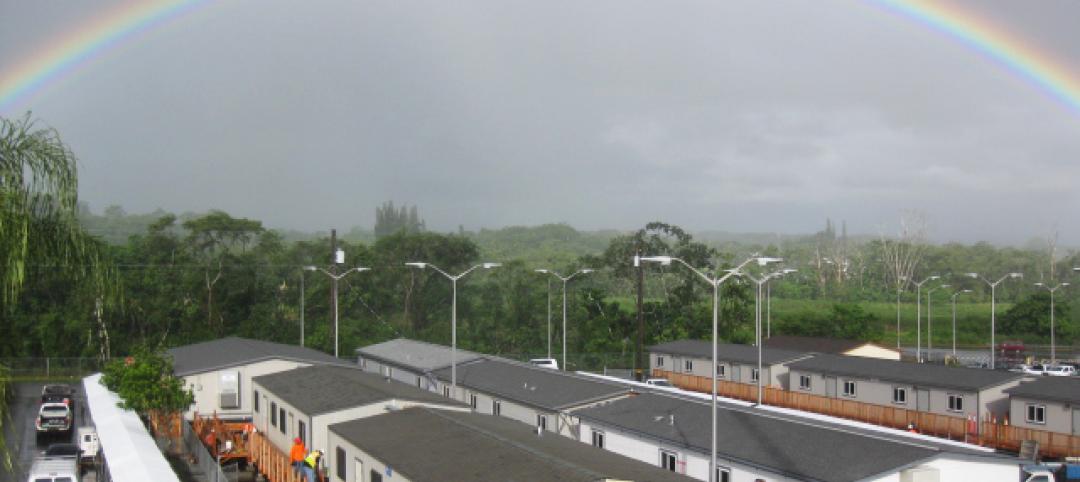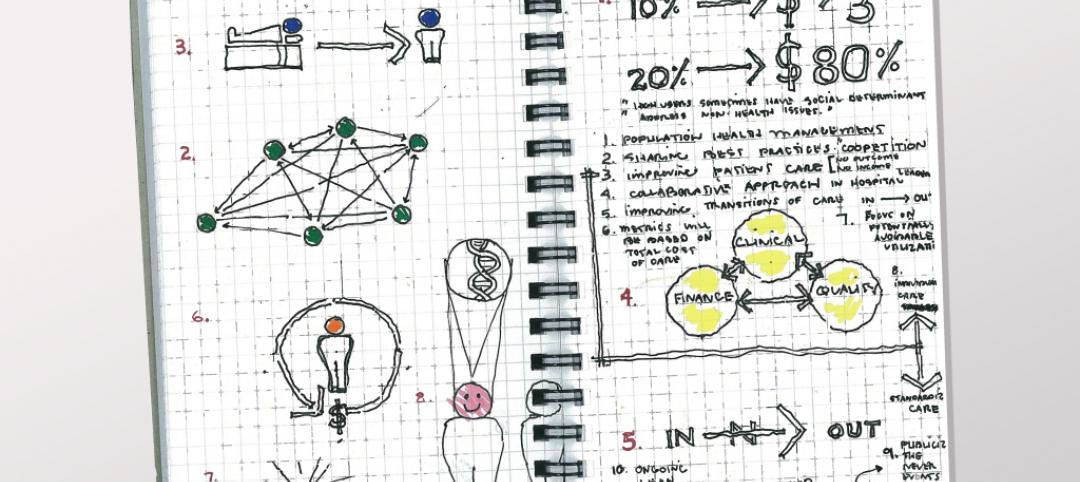Associated Builders and Contractors (ABC) launched “Building America: The Merit Shop Scorecard,” which reviews and grades state-specific information. The scorecard website identifies states that have created beneficial or subpar environments for merit shop contractors.
The Merit Shop Scorecard grades states on project labor agreement (PLA), prevailing wage and right-to-work policies as well as their construction job growth rate, commitment to developing a well-trained workforce, level of flexibility in career and technical education curricula and use of public-private partnerships (P3s).
“The Merit Shop Scorecard will be a useful tool for lawmakers and industry stakeholders to explain how state policies affect the ability of contractors to conduct business and expand their operations,” said ABC Director of Labor and Federal Procurement Ben Brubeck. “The scorecard highlights high-performing states that have enacted policies opposing anti-competitive schemes and restrictive, cost-inflating mandates while embracing fairness in the workplace. It also identifies low-performing states that have failed to foster environments where businesses can thrive, invest and create construction jobs in local communities.”
The merit shop philosophy is the belief that people and companies succeed based on free enterprise principles within the free market system, which is characterized by open and fair competition and diverse participants.
Top ranked states such as Arizona, Louisiana and Virginia all received high-performing grades for enacting PLA, prevailing wage and right-to-work policies that favor free enterprise. Conversely, low performing states such as New Mexico, Alaska and New York received poor overall rankings by earning a D or F grade for their policies on PLAs, prevailing wage and right-to-work legislation and other measurable categories.
The Merit Shop Scorecard was developed with input from ABC chapters and industry stakeholders across the country. States were evaluated based on their policies and records on seven key issues: Project Labor Agreements (PLAs), Prevailing Wage, Right to Work, Public-Private Partnerships (P3s), Workforce Development ;Career and Technical Education, and Job Growth Rate.
Criteria and definitions are available here. The scorecard will be updated monthly with exclusive state construction unemployment rate estimates from economist Bernard Markstein, Ph.D.
Related Stories
Codes and Standards | Feb 18, 2015
USGBC concerned about developers using LEED registration in marketing
LEED administrators are concerned about a small group of developers or project owners who tout their projects as “LEED pre-certified” and then fail to follow through with certification.
Office Buildings | Feb 18, 2015
Commercial real estate developers optimistic, but concerned about taxes, jobs outlook
The outlook for the commercial real estate industry remains strong despite growing concerns over sluggish job creation and higher taxes, according to a new survey of commercial real estate professionals by NAIOP.
Museums | Feb 18, 2015
Foster + Partners' National Museum of Marine Science and Technology breaks ground in Taiwan
The museum will be home to an aquarium, exhibition space, and waterfront views.
University Buildings | Feb 18, 2015
Preparing for the worst: Campus security since Virginia Tech
Seven years after the mass shootings at Virginia Tech, colleges and universities continue to shake up their emergency communications and response capabilities to shootings and other criminal threats.
Office Buildings | Feb 18, 2015
Why the mobile workplace isn't always mobile
Perkins+Will’s Janice Barnes addresses the nuance in mobility types and explains the importance of defining terms upfront.
University Buildings | Feb 17, 2015
BD+C exclusive: How security is influencing campus design and construction
Campus crime—whether real or perceived—presents Building Teams with more opportunities for early-stage consultation with university clients.
Multifamily Housing | Feb 17, 2015
California launches pilot program to finance multifamily retrofits for energy efficiency
The Obama Administration and the state of California are teaming with the Chicago-based MacArthur Foundation on a pilot program whose goal is to unlock Property-Assessed Clean Energy financing for multifamily housing.
Sponsored | Building Team | Feb 17, 2015
Why diversity matters
Companies in the top quartile for gender or racial and ethnic diversity are more likely to have financial returns above their national industry medians.
Sponsored | Modular Building | Feb 17, 2015
When lava flow in Hawaii threatens a public school district, officials turn to modular
Hawaii Modular Space, a Williams Scotsman company, designed temporary classroom space for the Pahoa and Keeau schools that would become displaced due to ongoing lava flow in Pahoa, Hawaii.
Healthcare Facilities | Feb 17, 2015
10 healthcare trends worth sharing
The rise of the medical home model of care and ongoing Lean value stream improvement are among the top healthcare industry trends.















